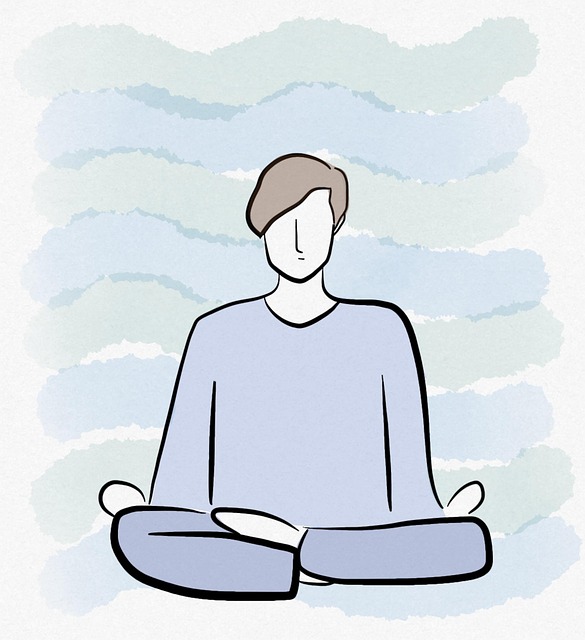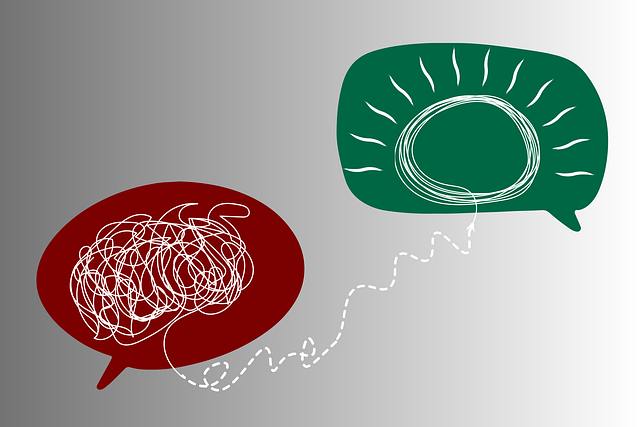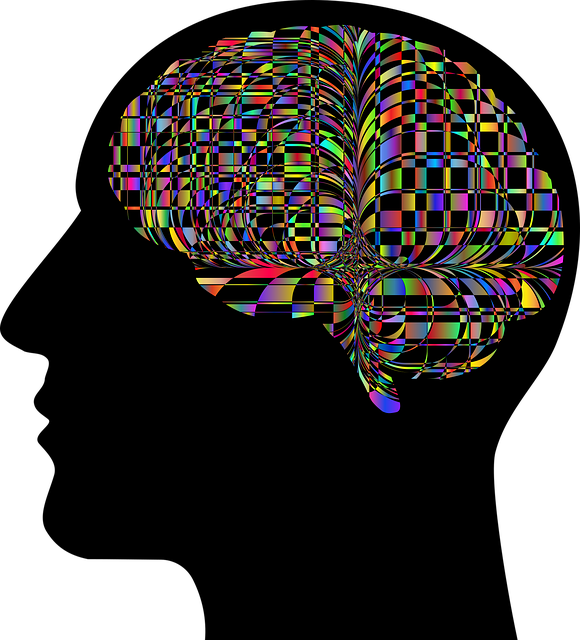Childhood anxiety, a complex issue, requires tailored interventions from therapists using methods like CBT to address symptoms and triggers. Mindfulness techniques and relaxation strategies offer gentle yet effective emotional regulation tools. Specialized care with safe environments and play therapy empowers kids with coping skills and normalizes mental health conversations. Building resilience through CBT equips young clients with confidence to manage stress and promotes long-term emotional well-being.
Anxiety in children is a prevalent issue that requires effective management strategies. This article explores various techniques and approaches to help young minds cope with anxiety, offering valuable insights for both parents and therapists. From understanding the symptoms and triggers of childhood anxiety to powerful therapeutic methods like Cognitive Behavioral Therapy (CBT), we delve into practical tools for short-term relief and long-term resilience building. Additionally, we provide strategies tailored for therapists-clinicians to enhance their support for anxious children.
- Understanding Childhood Anxiety: Symptoms and Triggers
- Cognitive Behavioral Therapy (CBT): A Powerful Tool for Kids
- Mindfulness and Relaxation Techniques for Young Minds
- The Role of Therapists: Strategies for Clinicians to Support Children
- Building Resilience: Long-term Coping Skills for Anxiety Management
Understanding Childhood Anxiety: Symptoms and Triggers

Childhood anxiety is a complex issue that requires a nuanced understanding to effectively manage. Recognizing the symptoms and triggers is an essential first step for both therapists and clinicians. Common signs may include excessive worry, irritability, difficulty concentrating, physical manifestations like stomach aches or sleep problems, and avoidance behaviors. These can manifest in various forms, from social anxiety where children fear judgment or embarrassment in social situations, to generalized anxiety disorder characterized by persistent, overwhelming concern over everyday matters.
Triggers for childhood anxiety can be multifaceted, stemming from past traumatic experiences, familial dynamics, academic pressures, or even societal expectations. Mental health professionals play a vital role in assessing these triggers through comprehensive risk assessments. This process helps tailor therapeutic interventions such as cognitive-behavioral therapy (CBT), which focuses on identifying and changing negative thought patterns, to social skills training aimed at enhancing interaction and communication abilities. Mindfulness meditation can also be beneficial, teaching children techniques to remain calm and focused in stressful situations.
Cognitive Behavioral Therapy (CBT): A Powerful Tool for Kids

Cognitive Behavioral Therapy (CBT) has emerged as a powerful tool for managing anxiety in children, offering a structured and effective approach to therapy for both kids and therapists-clinicians. CBT focuses on identifying and changing negative thought patterns and behaviors that contribute to anxiety, empowering young individuals to take control of their emotional well-being. By teaching children to recognize distorted thinking and replace it with more positive and realistic thoughts, CBT fosters mental health awareness and promotes the development of healthy coping mechanisms.
This therapy for children goes beyond mere symptom relief; it equips them with valuable life skills that can enhance their overall emotional resilience. Through CBT, kids learn to challenge anxious thoughts, engage in relaxing activities, and gradually face fears in a safe environment. As therapists-clinicians, understanding these techniques is crucial to effectively guiding children through the process of overcoming anxiety, ultimately contributing to improved mental health awareness and emotional well-being promotion techniques.
Mindfulness and Relaxation Techniques for Young Minds

Mindfulness and relaxation techniques are powerful tools for young minds to navigate anxiety. These practices, often incorporated into therapy for children and adolescents, offer a gentle and effective approach to emotional regulation. Through mindfulness, kids learn to focus on the present moment, observing their thoughts and feelings without judgment. This simple yet profound act can help break the cycle of anxious thinking and promote a sense of calm.
One popular method is mental wellness journaling exercise guidance, where children are encouraged to express their emotions through writing. By documenting their experiences, they can gain insight into triggers and develop healthier coping mechanisms. Additionally, communication strategies taught by therapists-clinicians facilitate open dialogue about anxiety, fostering a safe space for young individuals to share their fears and work towards overcoming them.
The Role of Therapists: Strategies for Clinicians to Support Children

Anxiety is a significant concern among children, often requiring specialized care. Therapists play a pivotal role in helping young minds navigate and overcome anxiety disorders. When working with children, therapists should adopt a patient and understanding approach, creating a safe space for open communication. One effective strategy is to incorporate play therapy techniques, allowing kids to express their emotions through play, which can make complex feelings more manageable.
For clinicians, supporting children with anxiety involves teaching them practical emotional regulation skills. This includes guiding them in identifying triggers, recognizing physical sensations associated with anxiety, and offering coping mechanisms such as deep breathing exercises or visualization techniques. By empowering children with these tools, therapists not only help them manage immediate anxiety but also foster long-term stress management abilities. Additionally, reducing the stigma surrounding mental illness is crucial; therapists can contribute to this effort by normalizing conversations about emotions and mental health, ensuring children feel supported and understood.
Building Resilience: Long-term Coping Skills for Anxiety Management

Building resilience is a key aspect of long-term anxiety management for both children and adults. Therapy for children often focuses on developing coping skills that enable them to navigate stressful situations with increased confidence and self-efficacy. Through techniques like cognitive behavioral therapy (CBT), therapists help young clients identify and challenge negative thought patterns, replacing them with healthier alternatives. This process empowers children to manage their anxiety responses effectively, fostering a sense of control over their emotions.
For therapists and clinicians, integrating stress reduction methods into treatment plans is essential for supporting mental wellness coaching programs. Crisis intervention guidance can be particularly beneficial in helping clients develop adaptive coping strategies when facing acute anxiety episodes. By combining evidence-based practices with tailored interventions, professionals can assist individuals in building resilience, ensuring they possess the tools to navigate life’s challenges with greater ease and enhanced emotional well-being.
Anxiety management techniques tailored for children and implemented with the support of therapists-clinicians offer a holistic approach to addressing childhood anxiety. By understanding symptoms, triggers, and employing evidence-based methods like Cognitive Behavioral Therapy (CBT) and mindfulness practices, professionals can equip young minds with effective coping skills. Building resilience is key to long-term anxiety management, fostering adaptability and emotional well-being for children as they navigate life’s challenges. Through these strategies, therapy for children becomes a powerful tool to enhance their mental health and overall quality of life.









